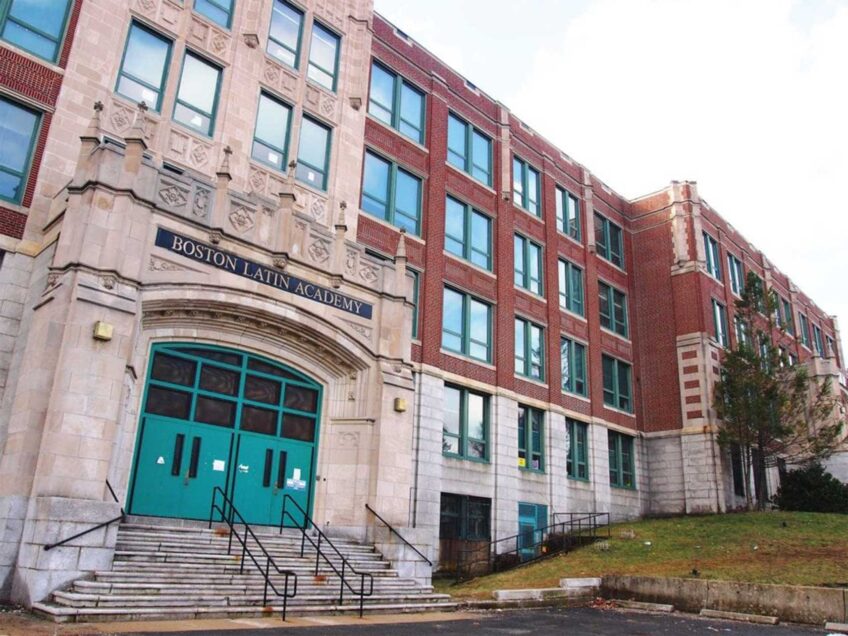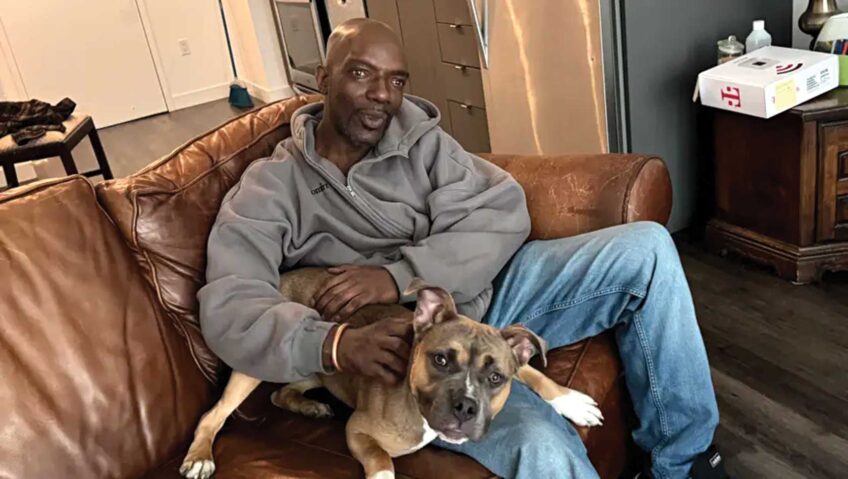As a candidate for governor, Deval Patrick vowed to reinvigorate the economy, usher in an era of green technology and make Massachusetts a biotech hub — all while fighting to lower property taxes.
Now he’s facing an economic sinkhole that threatens to turn his first term into an exercise in political dog paddling as he desperately tries to keep the state’s fiscal head above water.
The first big test comes this week when Patrick announces hundreds of millions in budget cuts to cope with slumping revenues. The administration is also expected to lay off workers and dramatically reduce its revenue estimate for the year.
Those decisions come on top of revelations that the state’s pension fund lost $8 billion since January and that State Treasurer Timothy Cahill briefly considered asking for a federal bailout for Massachusetts.
Looming over everything is the possibility that voters may pass a ballot question that would eliminate the state income tax — putting even more pressure on Patrick and other State House leaders to prove they are serious about cutting spending before election day.
“It’s awful,” Patrick said when asked about the budget cutting process this week. “There are a lot of very, very painful decisions in front of us.”
The first round of cuts will be limited to the executive branch agencies over which Patrick has control, including the offices of health and human services, education, transportation, environment, housing and economics, public safety and labor and work force development.
Since the state is already a quarter of the way through the fiscal year — and $223 million short of original revenue projections — Patrick will have to make the hundreds of millions in cuts from the remaining portion of the state budget covering the executive branch, about $12.5 billion.
Patrick could also seek to dip into the state’s rainy day fund, a move that would require the approval of lawmakers.
Patrick tried to set the stage earlier this month by ordering a 7 percent cut in his office budget — a reduction of about $600,000. House Speaker Salvatore F. DiMasi and Senate President Therese Murray followed by announcing a 10 percent cut in their budgets — a savings of $9.1 million.
The state’s other constitutional officers say they’re also trimming costs.
State Auditor Joseph DeNucci said he hopes to match Patrick’s 7 percent cut by ordering a hiring and salary freeze and imposing a mandatory furlough program, ordering all employees to take seven unpaid vacation days between January and June, for a savings of $1.1 million.
State Treasurer Timothy Cahill said he’ll also match the 7 percent cut by making administrative and personnel moves for a savings of $400,000.
Secretary of State William F. Galvin argued that he’s in a different position than the other constitutional offices because he’s not only charged with running elections, but brings in money through the portion of his office dealing with corporate filings. He said he’ll try to make the cuts in areas that don’t affect revenues.
“That’s what I’ve been asked to do and that’s my target,” he said.
Attorney General Martha Coakley is also looking for where to cut without inhibiting the office’s ability to bring in revenue, according to spokeswoman Emily LaGrassa.
LaGrassa said the office generates money for the state from lawsuits and fraud investigations. She said the office has also saved consumers money by lowering gas, electricity and insurance rates.
Patrick has also asked the courts to cut back.
Joan Kenney, a spokeswoman for the Administrative Office of the Trial Court, said Chief Justice Margaret Marshall and Chief Justice Robert Mulligan have been talking with the chief justices of every trial court department.
“Every aspect of the judicial branch budget is under a magnifying glass right now,” Kenney said.
Despite the economic slowdown, Patrick said he hopes to insulate some of the key initiatives he helped push through during his first 21 months in office.
“We are as much as possible looking at where we can take cuts that may be deeper in some areas so we can afford the initiatives that are important to this administration,” he said.
Officials have reassured city and town leaders that local aid payments will likely be spared from the first round of cuts, but other steps said to have been under consideration included reducing the ranks of state police officers and paying them at the lower rate, and eliminating the law that gives raises of up to 25 percent to officers with college degrees.
Patrick has also pushed for a series of initiatives designed to streamline government, including dismantling the Turnpike Authority, consolidating state agencies, and reforming the state and MBTA pension systems.
Those initiatives would have little immediate impact on the state’s fiscal woes.
(Associated Press)






